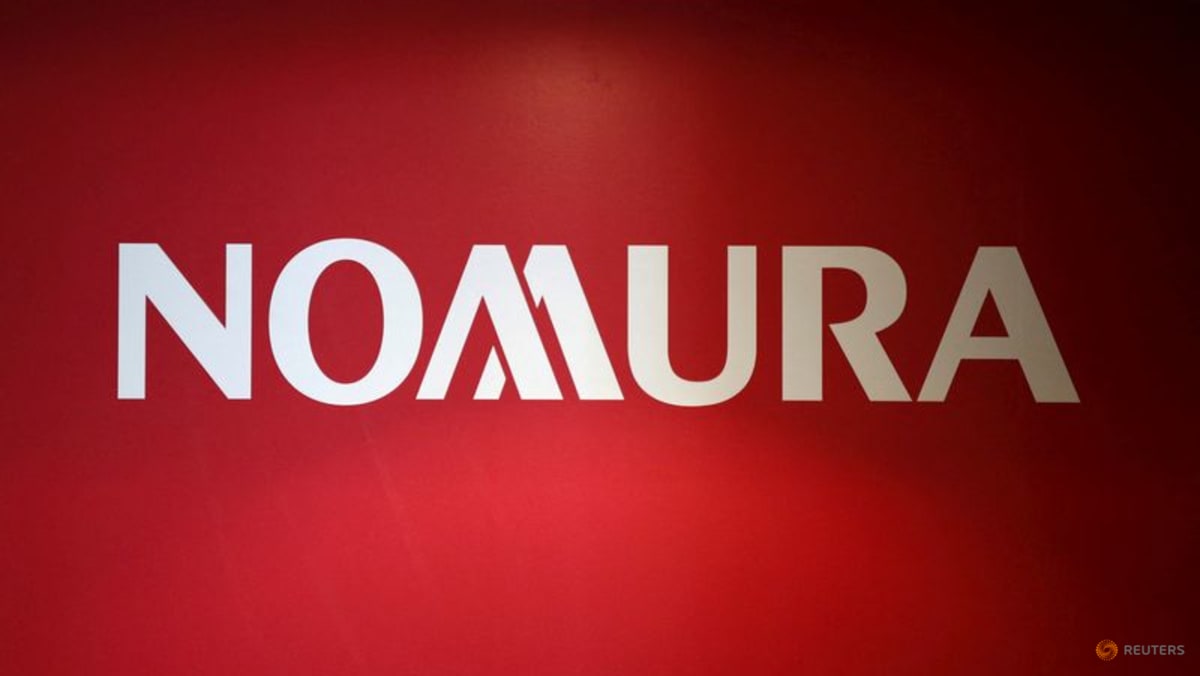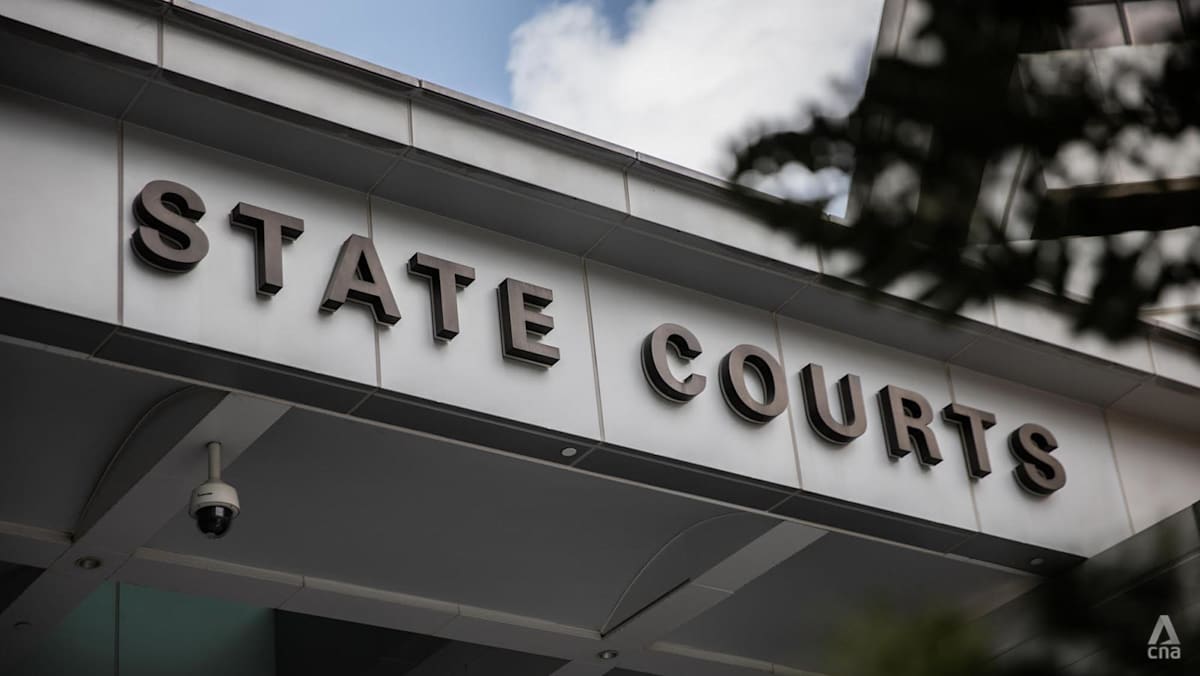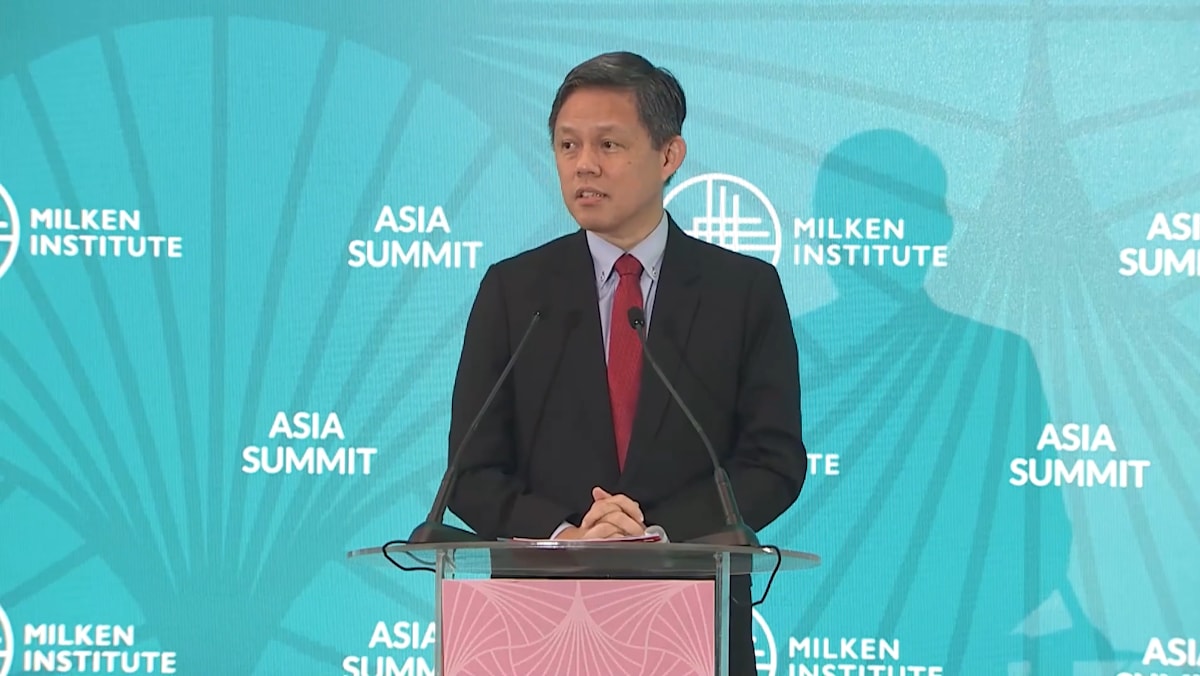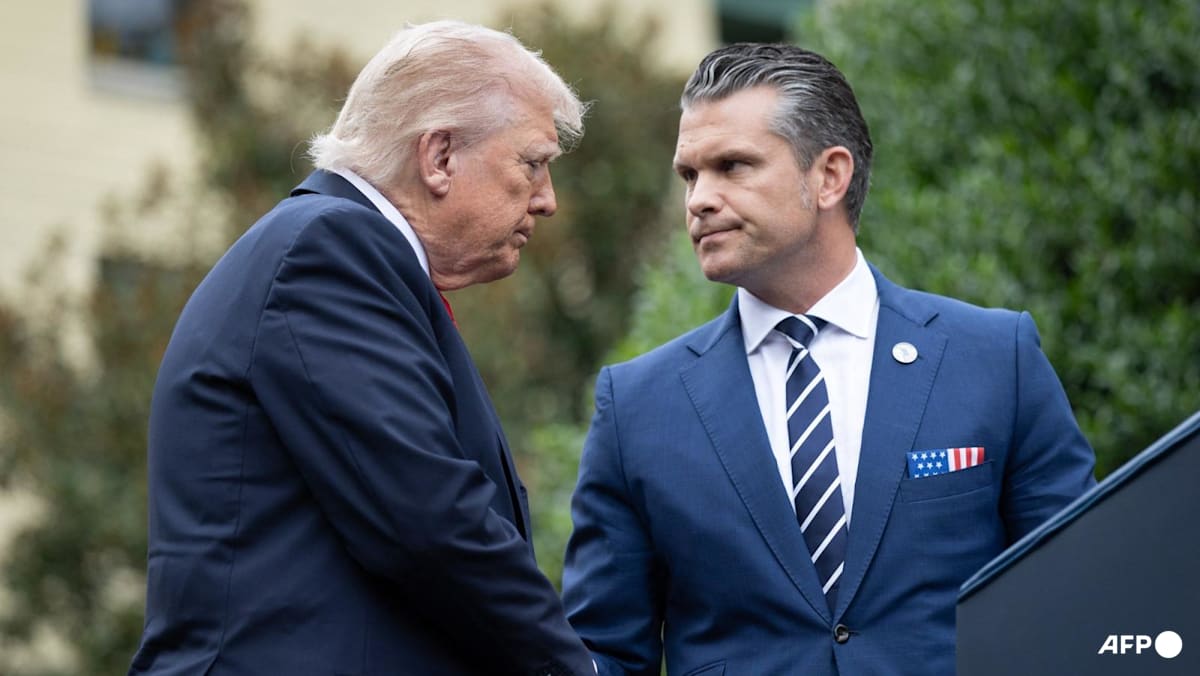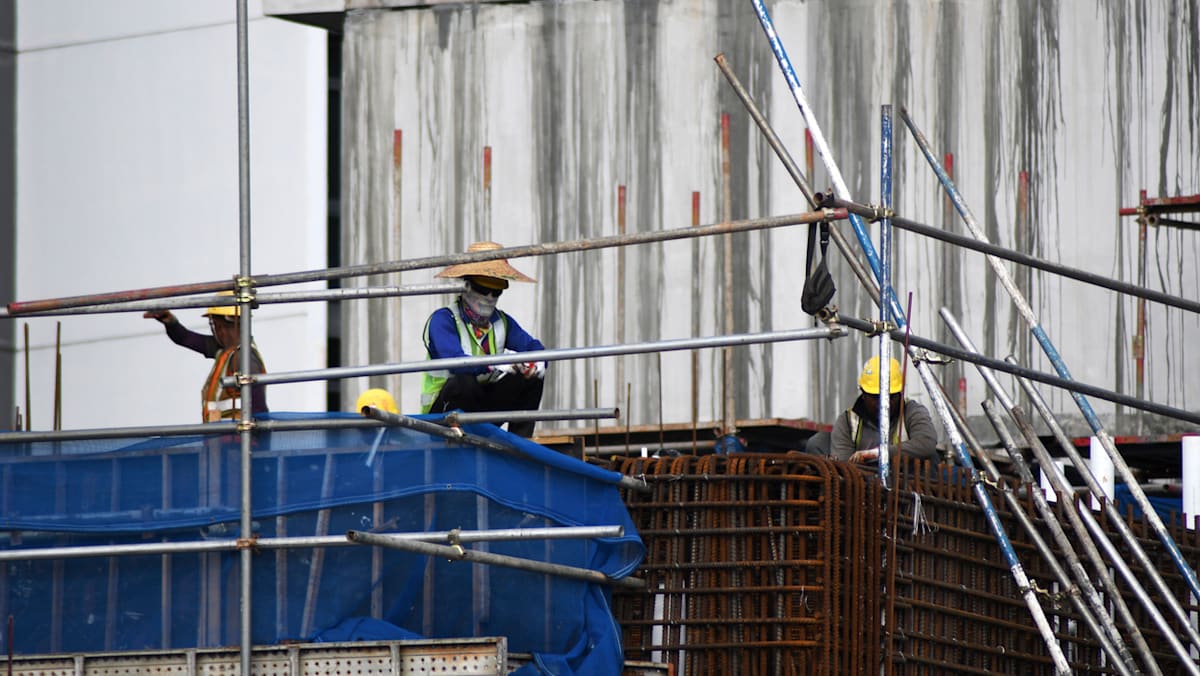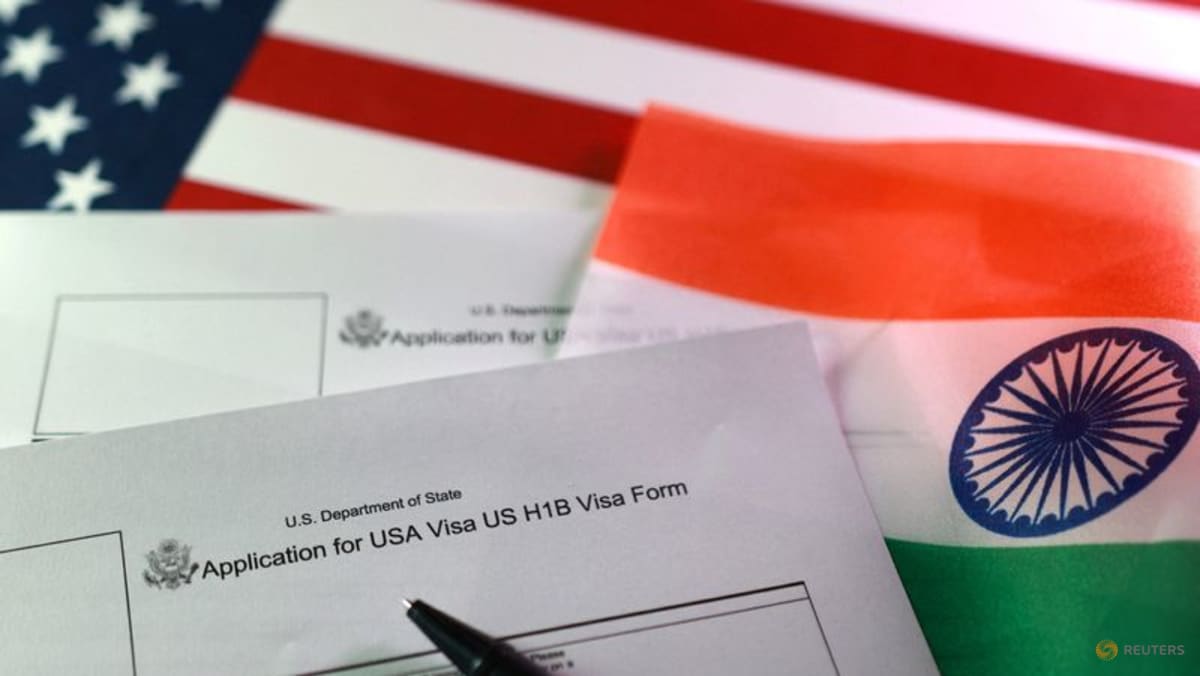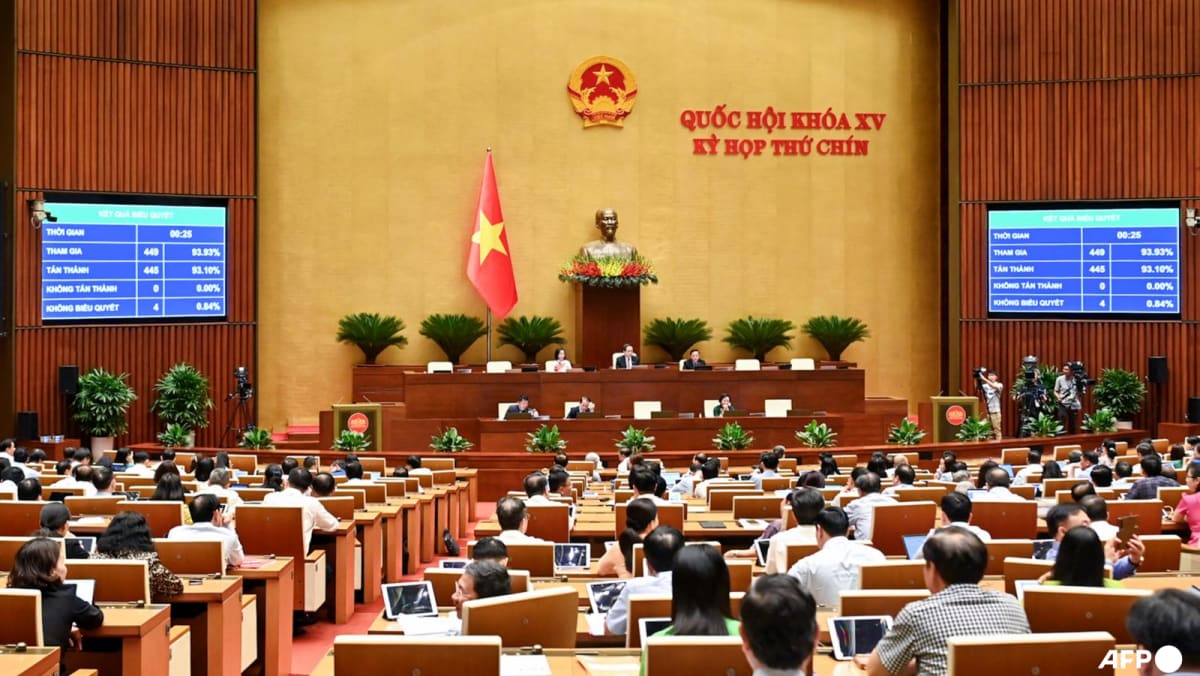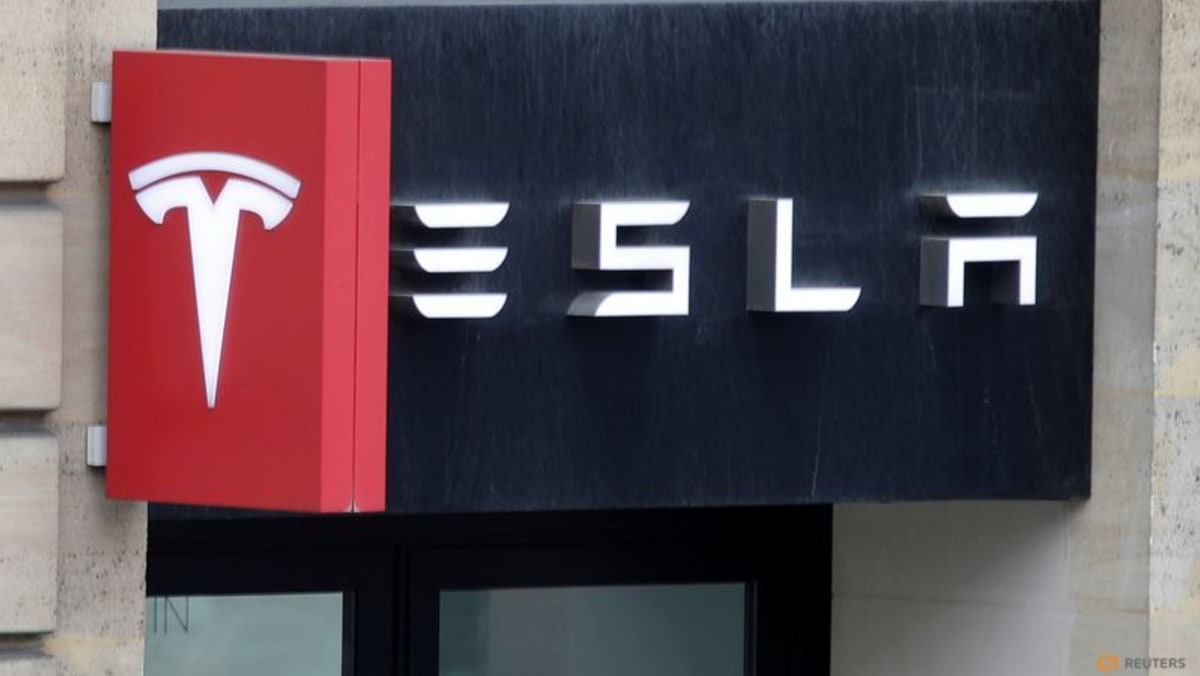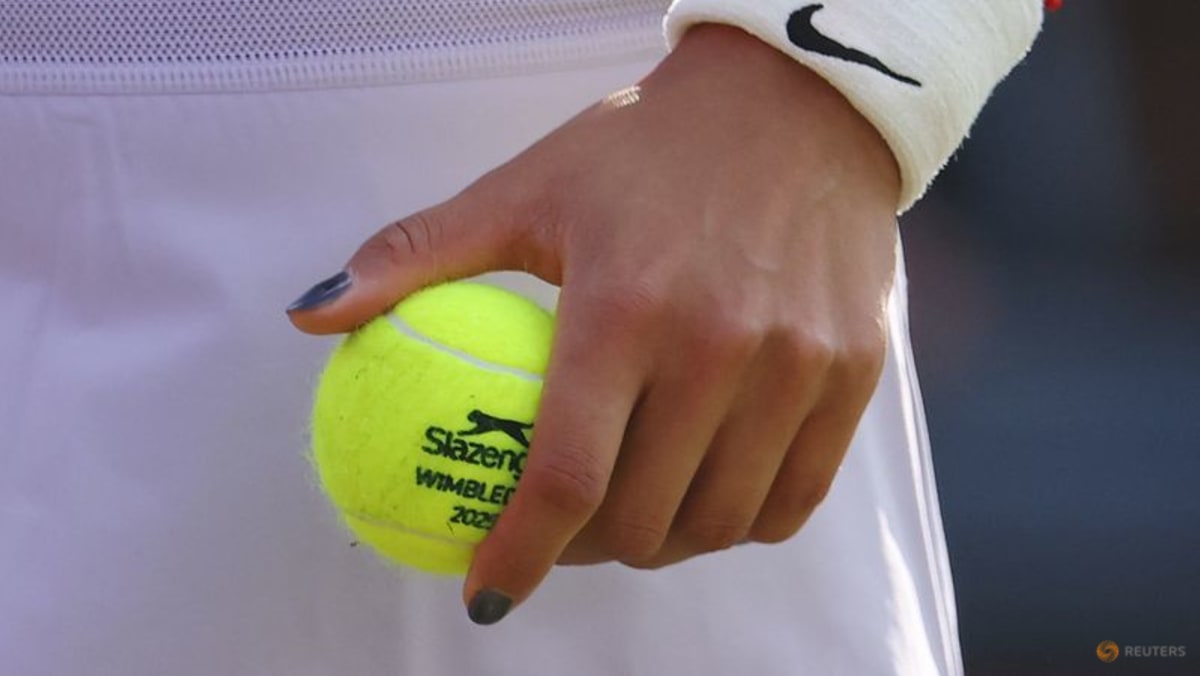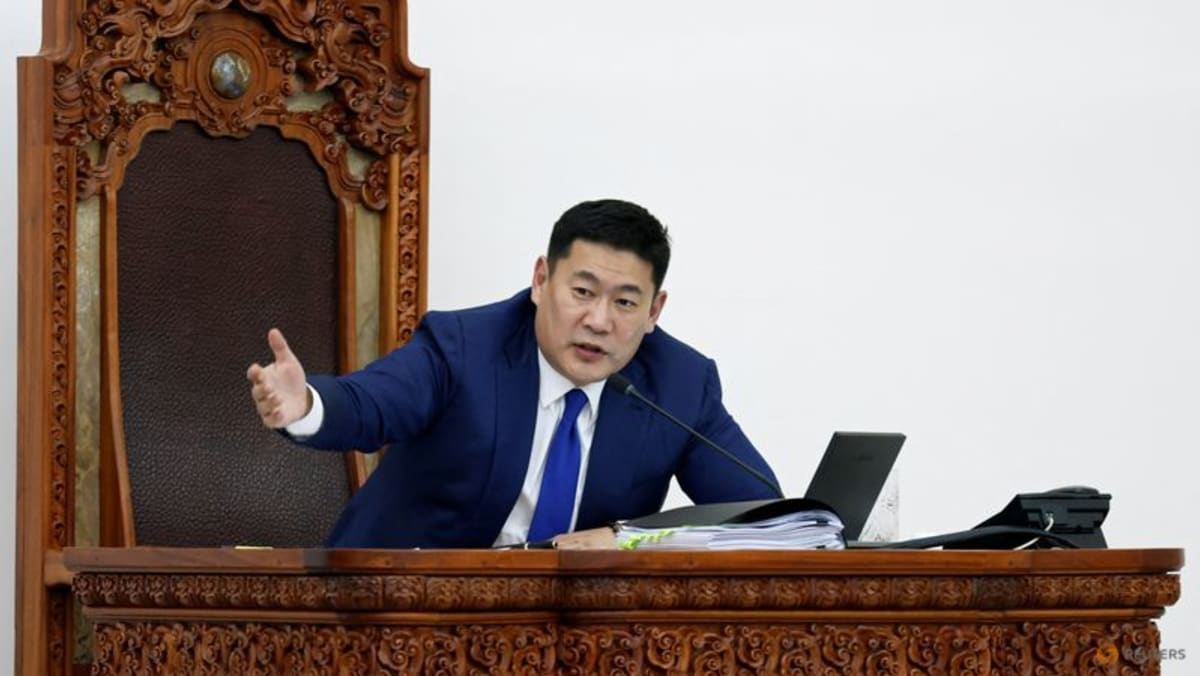BRUSSELS: The European Union is finalising new guidelines aimed at enhancing the protection of children in digital spaces, amid an alarming rise in online child exploitation cases.
The bloc on Tuesday (Jun 10) marked the end of a month-long consultation with technology companies, academics, policymakers and other stakeholders.
The EU is set to adopt a comprehensive set of safety measures under the Digital Services Act (DSA). The proposals include age assurance measures, allowing children to block other users, and making minors’ accounts private by default.
With more than 300 million children falling victim to online sexual extortion each year, EU lawmakers have emphasised child safety as a top priority in the region.
But the proposed stricter regulations have sparked concerns that it could worsen tensions with Silicon Valley and United States President Donald Trump’s administration.
RISING THREATS
Cases of online sexual exploitation of minors have roughly tripled since 2018, according to Child Focus – a Belgian foundation that supports the prevention and investigation of missing, abducted and runaway children, as well as those who are sexually abused and exploited.
It operates a 24/7 call centre dedicated to the prevention and investigation of sexual or harmful contact online, as well as a tipline to report cases of suspicious activity or material.
“We see, definitely, a huge increase in online interactions of children. We see also younger children being online,” noted the organisation’s policy advisor Tijana Popovic.
“But also at the same time, what we see is that offenders are able to misuse online spacers better in order to offend, and these spaces are not always under the monitoring of the authorities.”
Popovic also emphasised the need for more comprehensive guidelines in an increasingly digital world.
“We see that a lot of these platforms have actually been built with another public in mind, but we see that more children are using these spaces and that these spaces are not designed with children in mind and with their needs in mind,” she added.
Jan Penfrat, senior policy advisor at the European Digital Rights advocacy group, said that while the new guidelines should not infringe on people’s rights, online platforms should address issues like screen addiction.
“They need to make sure that all the functionality that their platforms have or the incentives that they create are actually fit for purpose and are not actively harmful to children and that is not the case today,” she added.
TENSIONS WITH US TECH FIRMS, GOVERNMENT
Meta, the parent company of Facebook, previously clashed with the European Commission over allegations that their algorithms caused behavioural addictions in minors.
The company said it has developed numerous tools to support parents and teens, and has worked hard to adapt to EU regulations.
The Trump administration has vowed to defend US tech firms like Meta from regulations like the DSA and the Digital Markets Act.
However, European Commission spokesperson Thomas Regnier told CNA that it is fully committed to the effective enforcement of both Acts, and that companies wishing to do business in the EU must respect the bloc’s laws.
Experts noted that the EU is the world’s largest regulator with the power to take on tech giants.
Singapore, Malaysia and the United Kingdom are among nations that have adopted online safety legislation in recent years.
The EU will be the largest regulator to implement such measures, which the European Commission says will help online platforms shape a safer environment for children.
Leanda Barrington-Leach, executive director of UK-based 5Rights Foundation, pointed out that the EU commands access to an “enormous market” of 500 million consumers.
“Now the message is very much - if you don’t comply with these rules, you’re not going to have access to this market,” she added.



